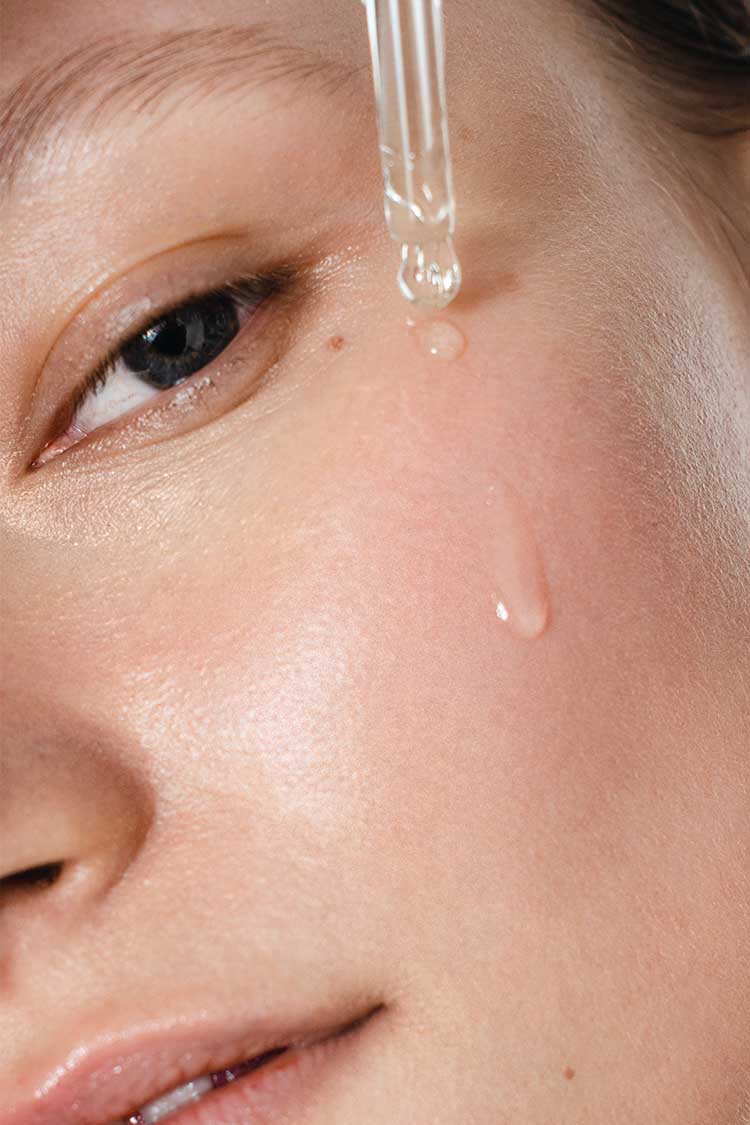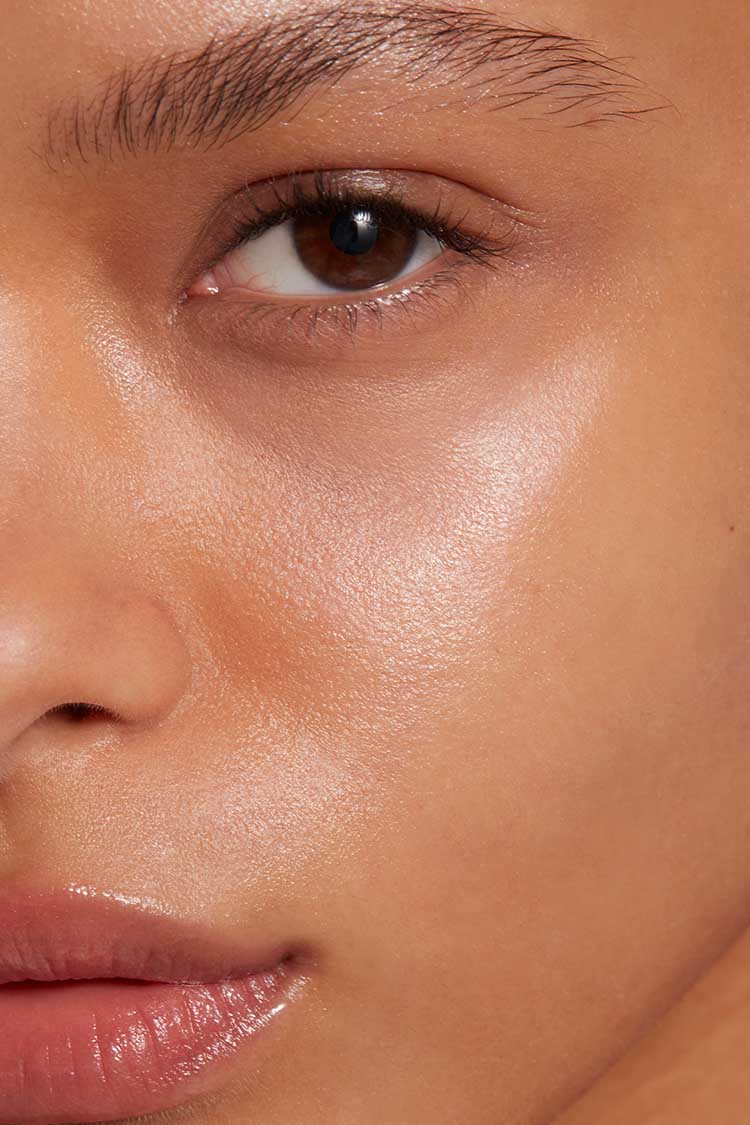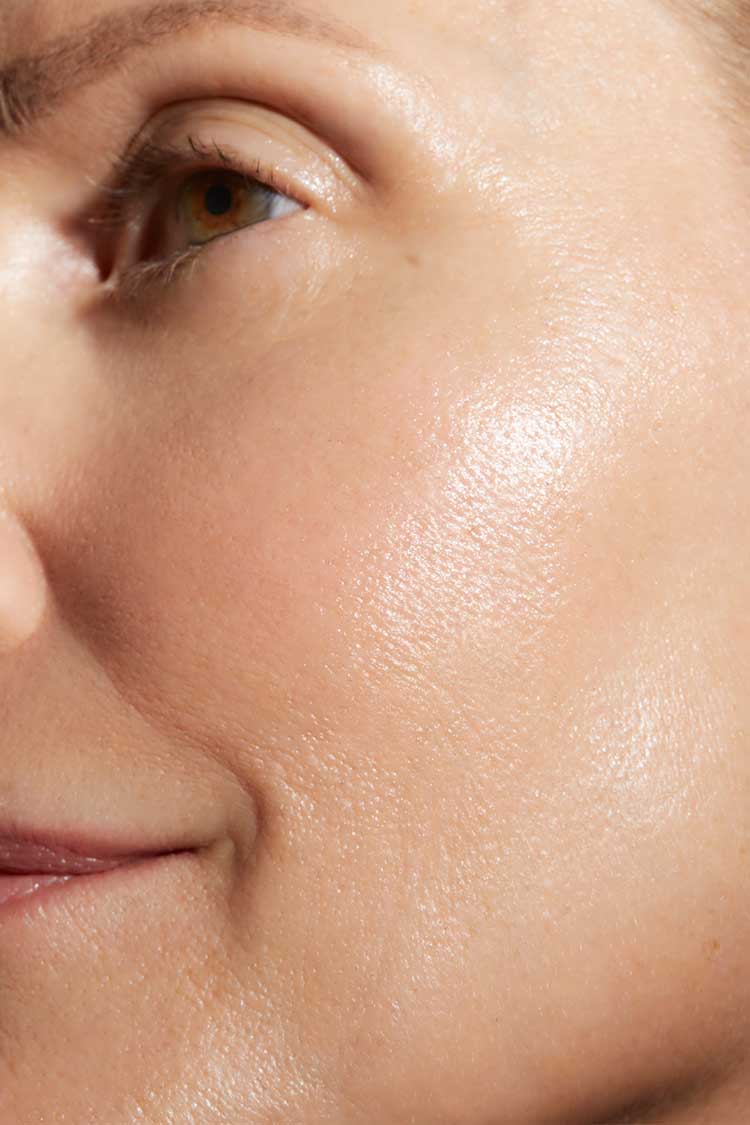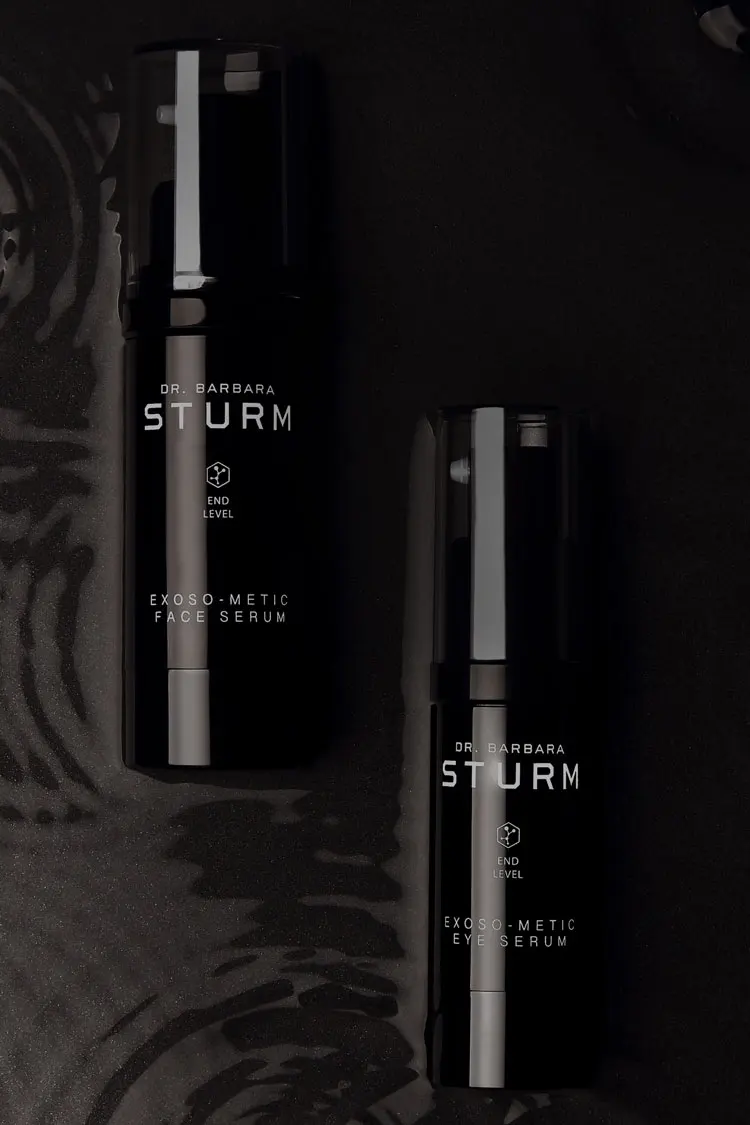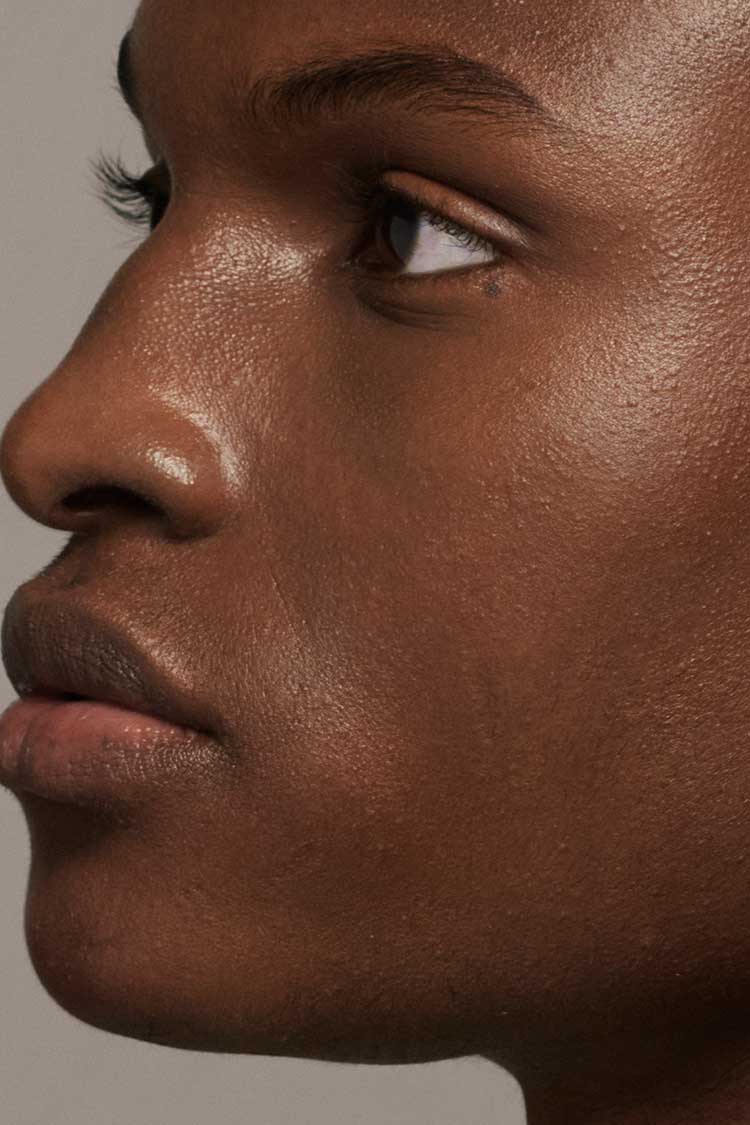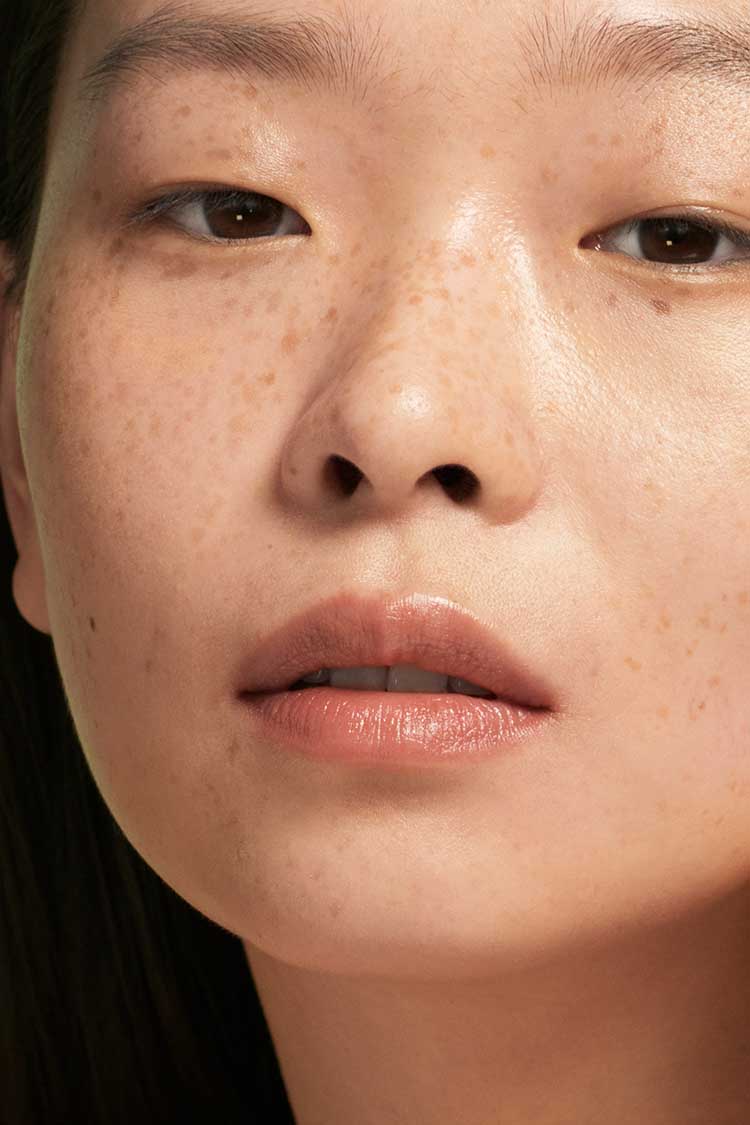WHAT ARE ANTIOXIDANTS?
15th Sep 2022
Antioxidants seem to be just about everywhere; from dark chocolate, to red wine and even in our face creams and fruits and vegetables. But what are they and are they really as good for us as we are led to believe?
Antioxidants are a wide range of molecules that play a key role in providing our bodies with a well-functioning protective system which may prevent or delay cell damage caused by free radicals. Free radicals are highly reactive, unstable molecules that occur in every organism. On the one hand, these free radicals are formed by the body itself during various metabolic processes, and serve important functions that are essential for health - but they are also produced by harmful external influences such as cigarette smoke, environmental toxins or UV radiation from the sun. Your body needs to maintain a certain balance of free radicals and antioxidants to stay healthy. If there are too many free radicals in our body, "oxidative stress" can occur, during which the free radicals attack important proteins, cell walls or even genetic material (DNA). This can result in diseases such as atherosclerosis, cardiovascular disease, arthritis and cancer. It also plays a pivotal role in premature aging.
How do antioxidants work in the body?
Antioxidants neutralize free radicals by giving up some of their own electrons, acting as a natural "off" switch for the free radicals. This helps break a chain reaction that can affect other molecules in the cell and other cells in the body, slowing or preventing any potential damage from occurring. Antioxidants can be divided into two groups according to their origin; those naturally formed in the body (e.g. enzymes, hormones, metabolic products) and those supplied from food (e.g. vegetables, fruit, nuts). The best known antioxidants are vitamins, (mainly Vitamins C, E and A), as well as Beta-Carotene (provitamin A). Minerals and trace elements such as Zinc, Selenium, Copper and Magnesium, as well as the amino acids L-gluthathione, L-cysteine, Methionine and Taurine also have an antioxidant effect.
Can antioxidants benefit my skin?
Antioxidants have numerous skin benefits. They protect the complexion from damage caused by pollution and UV light and help to boost strength, add luminosity and reduce visible wrinkles. As our skin is exposed to the negative effects of environmental pollution on a daily basis, it can quickly lose firmness and develop fine lines and wrinkles, thus resulting in premature aging of the skin. Antioxidants can, however, repair the damage caused by environmental influences and even prevent further damage.
What antioxidants should I look out for?
The tripeptide Glutathione, the enzyme Superoxide Dismutase and Ubiquinol (coenzyme Q10) are among the main antioxidants that can counteract the oxidative effects on the skin. Omega fatty acids are also very effective; Omega-3 such as flaxseed oil and linoleic acid, Omega-6 from passion fruit, and Omega-9, which is found in almond oil, can all help to restore the skin’s surface. Some antioxidants such as Vitamin C also have the unique ability to transform a dull, uneven complexion by inhibiting melanin production and boosting collagen and Hyaluronic Acid synthesis, making the skin look healthy and radiant. And sensitive skin prone to redness benefits especially from the antioxidants in green tea, chamomile and the polysaccharide Beta-Glucan.
In summary, there is not one antioxidant that works better than all others against disease and skin aging. What is important is the balanced interaction of different effective antioxidants, which promotes a balance between the pro- and antioxidant processes.
SKIN SCHOOL WITH DR. BARBARA STURM & DR. MAXIMILIAN SCHUBERT
Dr. Barbara Sturm talks to Dr. Maximilian Schubert, Clinical Director at the renowned Austrian wellness and health centre, VivaMayrAltaussee, about how our diets can affect our skin.
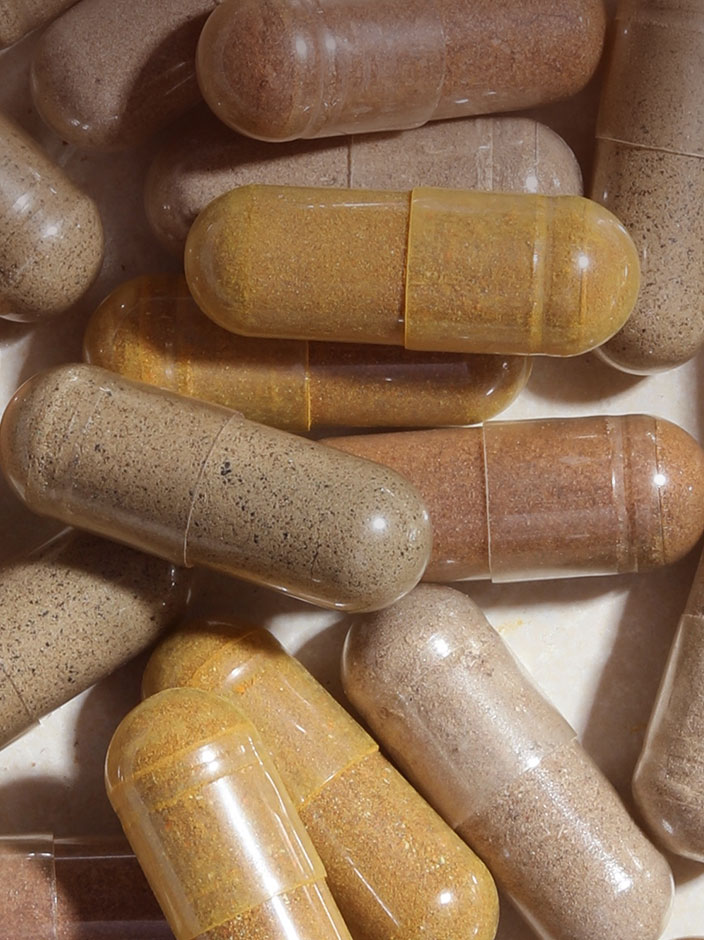

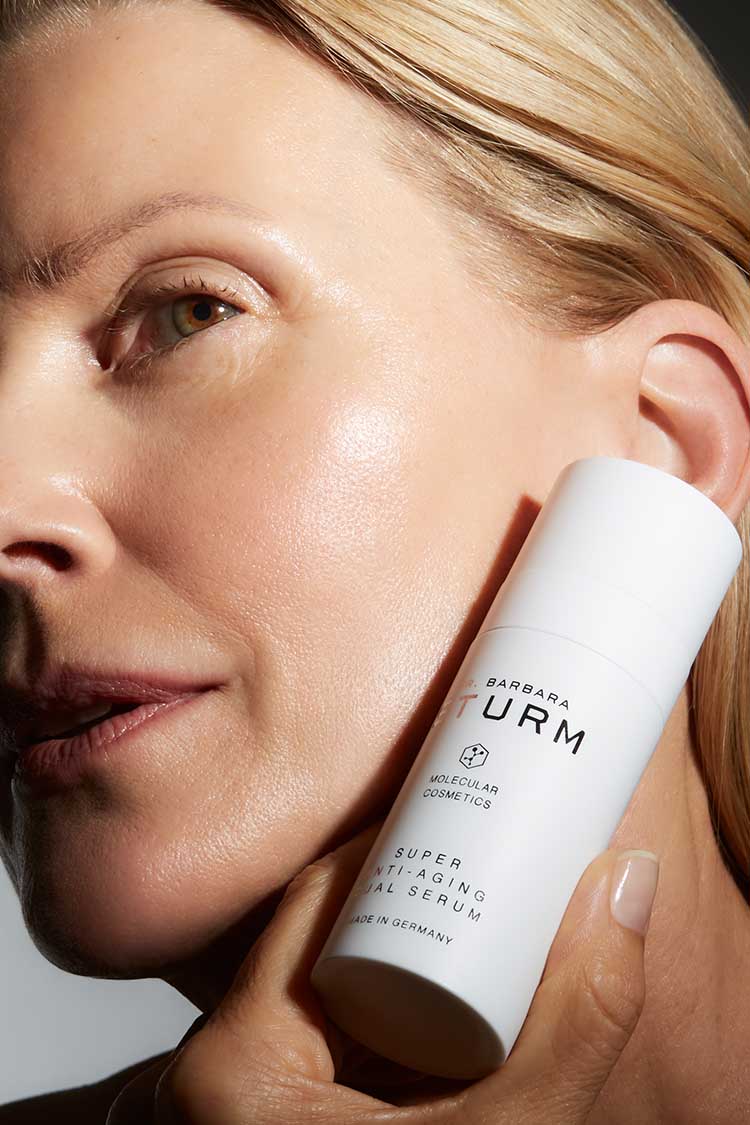
.jpg)
